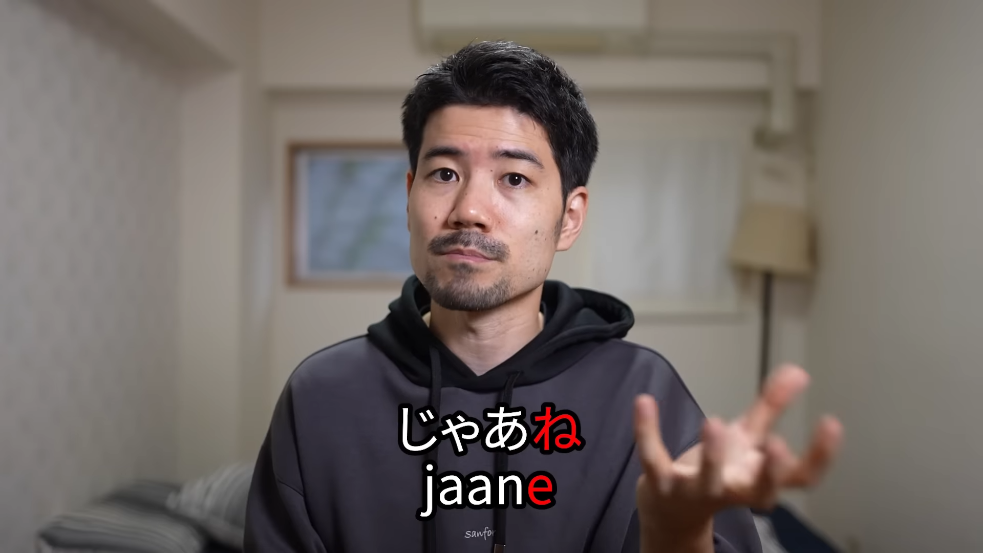The answer to your sub question 1 is yes. The ne at the end should be red, not just e. I'm sure it was just overlooked.
I have to forewarn you that my answer for the main question might be anecdotal but I think it is a very plausible explanation. Less syllables could mean more polite when an expression that added an attitude to the phrase is taken out. Those expressions are called 終助詞{しゅうじょし} or語尾{ごび}
Japanese language has many ways to end the last word of a sentence to imply status, demand, empathy, surprise, attitude or the intention of the phrase. よ、ね、か、じゃん、and many more.
Some 語尾 could be thought to be an attitude modifier. Take an example below
- すべて開{あ}けてください
- すべて開{あ}けてくださいよ
The former politely asks you to open all (of whatever they might be), nothing else. How about the latter? Is the latter less polite? If you talked to a complete stranger that way. The words might be polite but よimplies a pretty strong demand whether pitiful or forceful, so you'd be viewed as pushy or impolite. When よis used this way (demand/command) often involves an attitude or pleading. So naturally, taking out よ makes it more polite. More correctly, taking よ out makes it less impolite.
Similarly below,
- これは水{みず}?
- これは水{みず}か?
The first isn't very polite but not very impolite either. As for the latter, か in a question form without です is very often used only towards friends or those with a lower status, like a school freshman to seniors. So the latter could feel quite oppressive or downright accusatory. Taking かout makes it neutral, less impolite, and thus more polite
In essence, sometimes, having more syllables or certain 語尾 adds an implied intimacy or changes the distance. And it can be impolite because the distance might be too intimate or the attitude might be inappropriate = less polite, EVEN IF the sentence has a polite form like です。 So if you take the 語尾 out and back off, it can sound more polite because the distance might be now more appropriate or there is no more attitude. So I believe this restoration of politeness by taking the offending negatively modifying ごび out from the sentence is the rule of how having less syllables could be more polite.
It's a different way of thinking. Adding more syllables is one way to be polite. Taking syllables away can achieve a similar effect albeit by being less rude/impolite/intimate thus an illusion of elevating the politeness. If this was a math, and 1 meant being polite for the "given situation", then adding more syllables to be polite would be like 0+1=1 while the less syllables to be less impolite would be like 1-1-(-1)=1, with the first -1 being the 語尾 which modifies the politeness the original sentence、and the 2nd -1 being the act of taking the 語尾 out of the sentence. Might not be without logical flaw in the formula, but you get the idea.
If you are interested, more on 語尾 can be found below. Need to be an advanced reader but a very fun read. Very interesting even to a native. Has many real life examples on this topic
http://headjockaa.g1.xrea.com/realjp/index.html
Additional stuff on this subject from University of Tokyo Foreign Studies
http://www.coelang.tufs.ac.jp/mt/ja/gmod/contents/explanation/096.html

